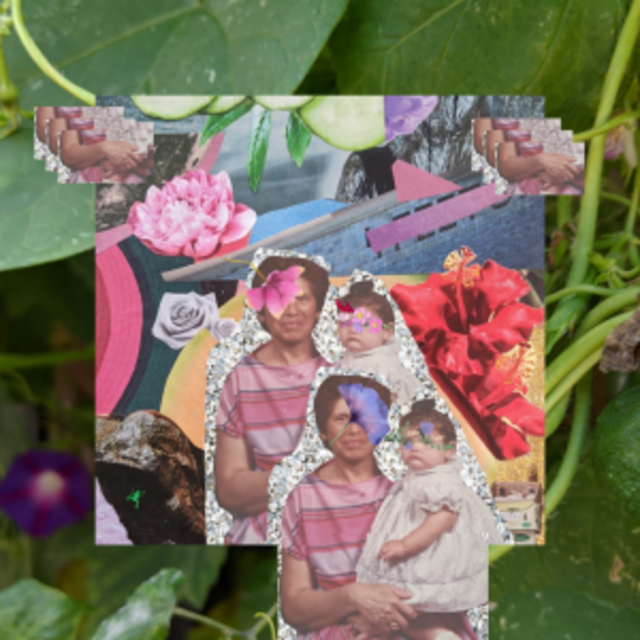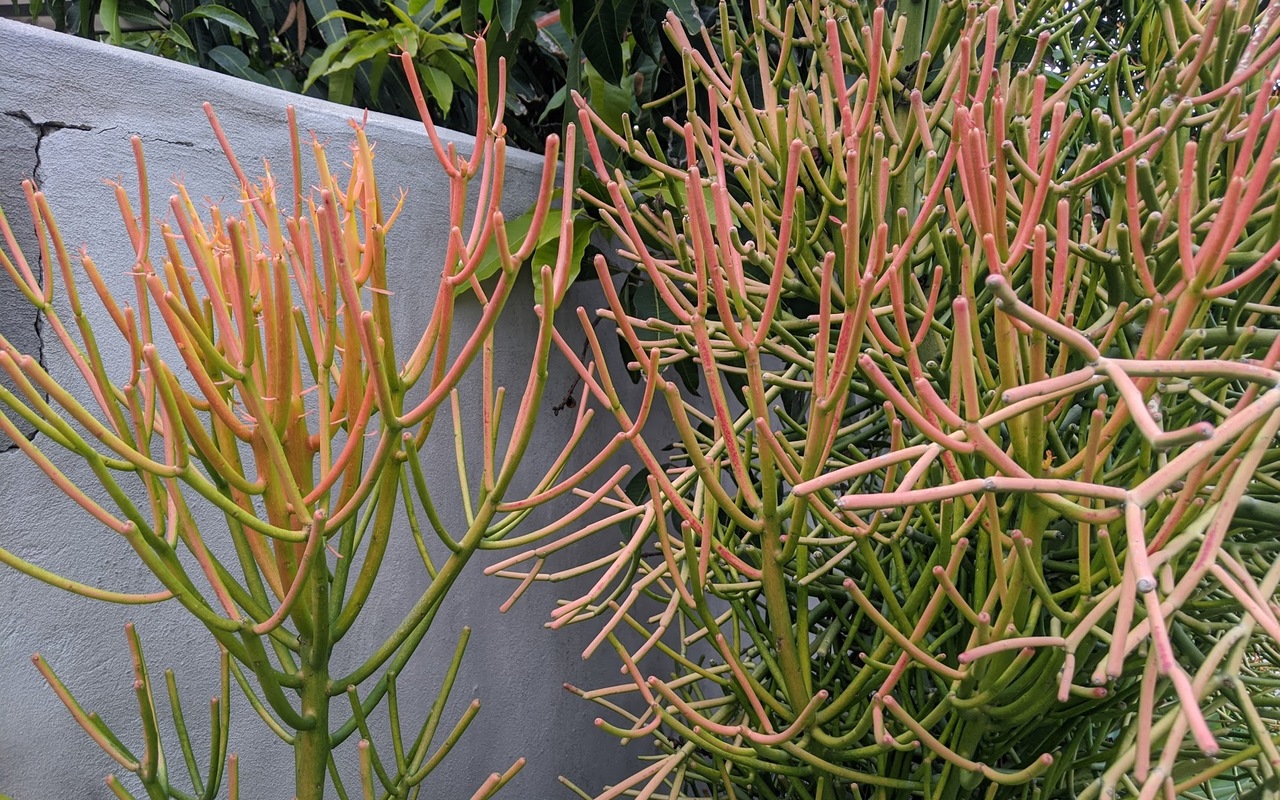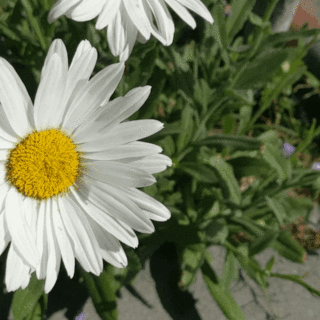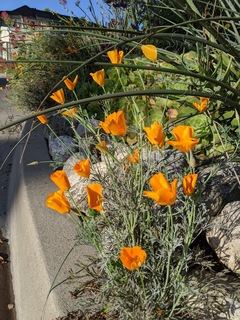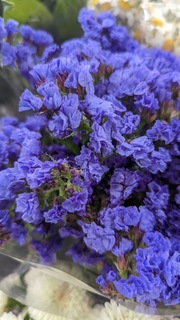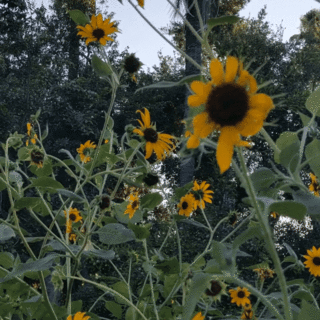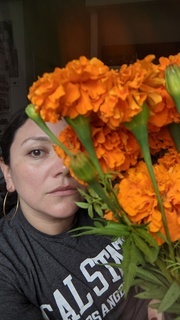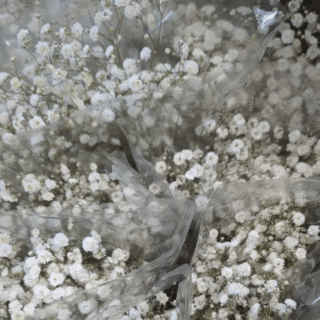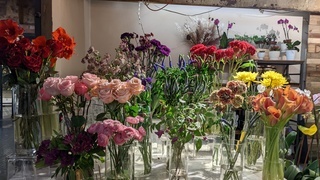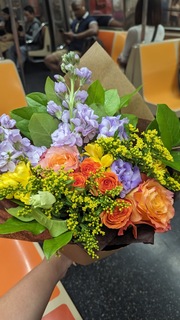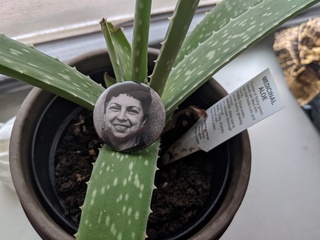an ongoing chrysalis ✨🦋
this is a living dissertation. in some ways, this project is "final" & "published" for the purpose of my degree conferral. but really, this work is an iteration of my chrysalis, a transformative series of moments throughout the creation of this archive and dissertation. because of this, and because theory is a living breathing verb, this project continues to live, grow, and go through its own series of chrysalises. over time, you may notice the names of sections change, texts become private, and/or see larger access to multimedia tools.
how to be an ethical guest: a note on terms of use
- as a guest of this project, i ask that you annotate, explore, read, and interact with a great level of intentionality and care.
- this project carries intimate stories of elders from my community. there are tender moments of loss, trauma, laughter, and wisdom. as a guest, i expect that you enter this space only when you are able to be intentional, present, and respectful.
- i also want to remind you, the audience, that these are personal stories that do not necessarily reflect overall beliefs of a particular identity but rather showcase the nuanced experiences of matriarchs from the Black, indigenous, chicana, and other communities of color
- this is a growing project and we, the wocarchive, would love to preserve more stories. please follow our instagram @wocarchive to learn more about our submission process


